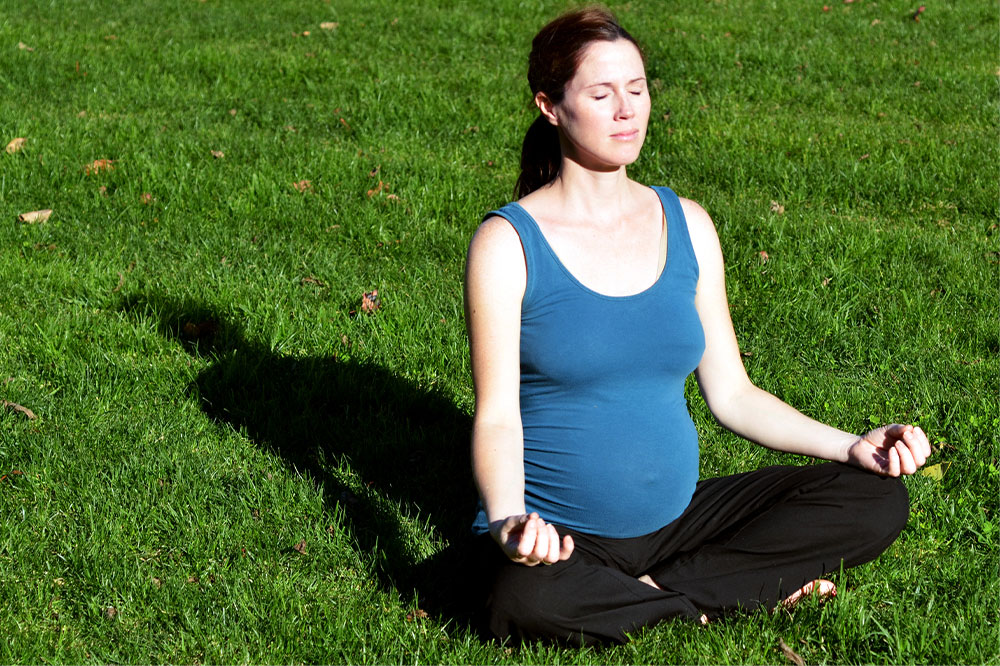
8 ways exercise promotes reproductive health
Experts often stress the importance of maintaining a healthy reproductive system in both men and women. This is because it helps reduce the risk of sexually transmitted infections (STIs) and facilitates positive relationships and family planning. There are several ways to improve reproductive health, such as eating nutritious foods and avoiding stress, but exercise is one of the most discussed solutions. Here’s how exercise can promote reproductive system health and overall well-being.
Maintains hormonal balance
Regular exercise can help maintain hormonal balance, which is essential for the proper functioning of the reproductive system. It can regulate hormones like estrogen and progesterone, ensuring menstrual regularity and fertility.
Reduces stress
Stress is a common cause of several conditions, such as heart disease and diabetes. It can also impact reproductive health by triggering irregular menstrual cycles and infertility. Exercise is one way to tackle stress and calm down. When one exercises, the levels of stress hormones like cortisol reduce. Individuals may choose any activity they love, such as walking, cycling, and swimming.
Improves blood circulation
Regular physical activity enhances circulation, which is beneficial for the reproductive organs. Improved blood flow to the uterus, ovaries, and testes can improve their health. However, to increase blood supply to these organs, one must indulge in more strenuous activities that increase heart rate.
Manages PCOS
Polycystic ovary syndrome (PCOS) is a common hormonal disorder in women of childbearing age, characterized by irregular menstrual cycles, infertility, and other health issues. Combining exercise with a balanced meal plan can help manage the condition’s symptoms.
Improves menstrual regularities
Periods are considered irregular if they occur less than 21 days or more than 35 days apart. Exercise can regulate menstrual cycles and reduce the severity of premenstrual symptoms for some individuals.
Tackles fertility issues
Many couples find it hard to have a baby even after trying for months. For couples experiencing fertility issues, engaging in moderate exercise can be beneficial. It can help maintain fitness, reduce stress, and support hormonal balance, which may improve the chances of conception.
Relieves menopause symptoms
Menopause is the stage when a woman stops having periods. While it is normal, women experience several discomforts and symptoms during this phase, such as hot flashes, mood swings, and sleep disturbances. Exercise can help relieve these symptoms and help maintain bone density and muscle mass.
Helps improve erectile dysfunction
Erectile dysfunction (ED) is a health issue where men cannot have or maintain an erection. This mainly happens because of insufficient blood flow to the reproductive organ. Since exercise improves blood flow and cardiovascular health, it may positively impact erectile function.
Reproductive health is a critical aspect of overall well-being, and exercise plays a significant role in maintaining and improving it. Regular physical activity can positively influence hormonal balance, stress levels, and blood circulation, all of which are crucial for a robust reproductive system. But it is essential to remember that each person’s reproductive health journey is unique, and exercise should be tailored to individual needs. Healthcare professionals and reproductive health specialists can provide personalized guidance on incorporating exercise into one’s routine.




